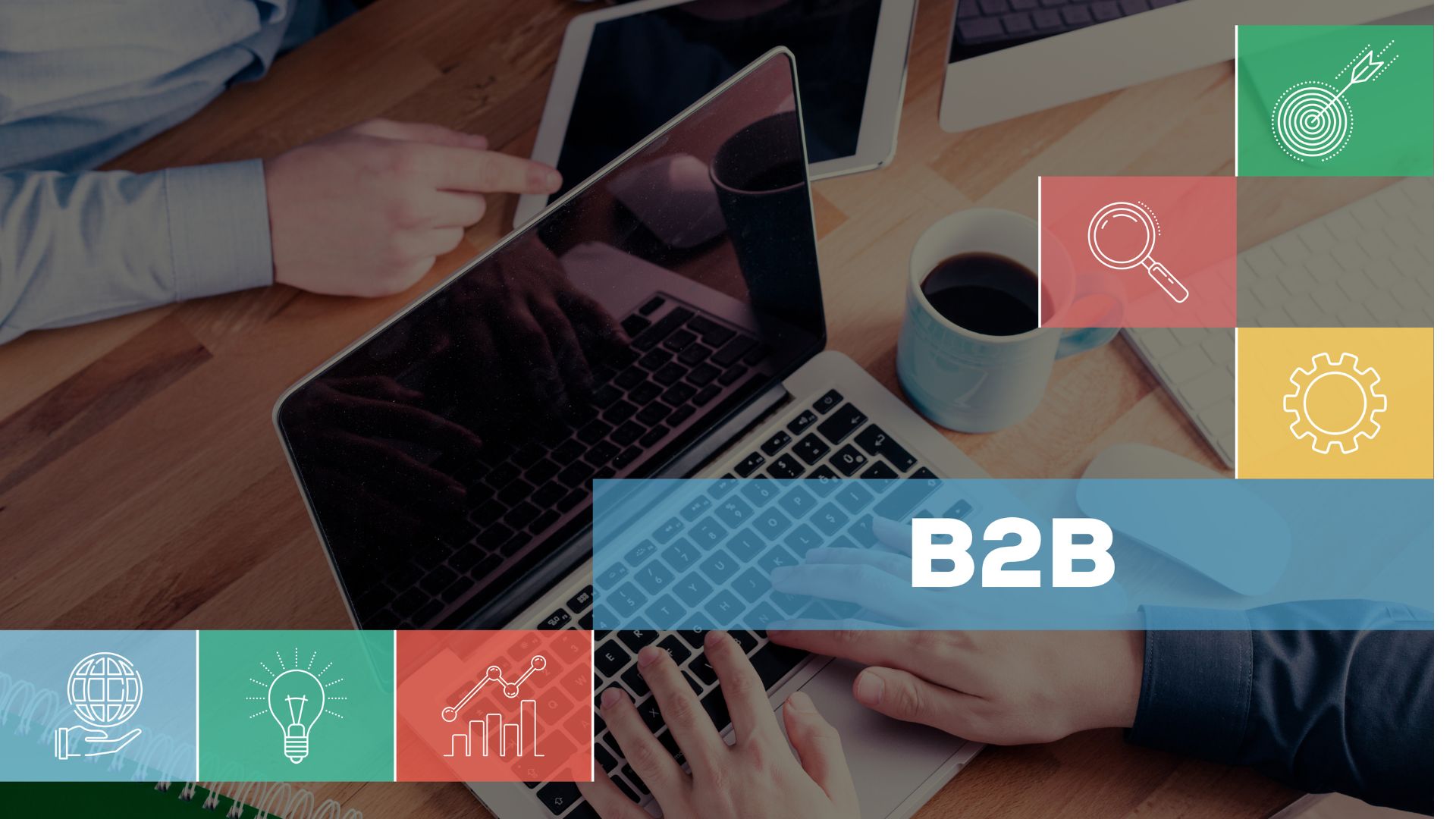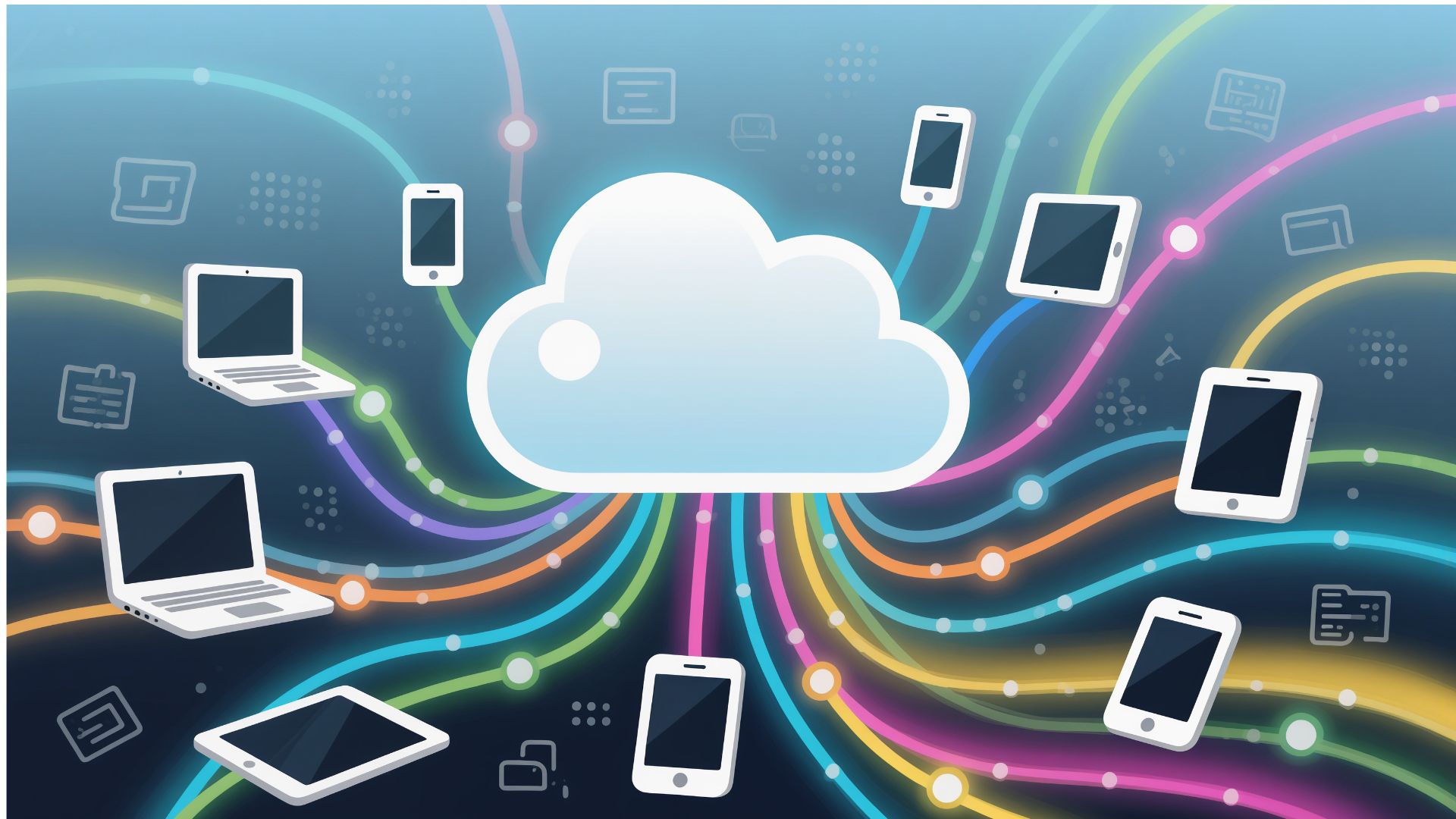Artificial intelligence is here to stay and the restaurants embracing it are playing in a different league. Why? Because AI isn’t just about automation; it also predicts, learns, and optimizes in real time.
From kitchen operations to team management, AI helps reduce costs, improve decision-making, and enhance the guest experience. The question isn’t whether you should use AI—but how much longer you can afford to operate without it.
Demand forecasting: sell more without waste
Do you often throw away food or run out of your top dishes during peak hours? With AI, you can stay ahead of the curve. A well-structured AI tool learns from past sales and factors in the season, weather, and upcoming events to build a reliable sales forecast. This allows you to plan inventory with surgical precision, reducing waste and boosting profitability.
Dynamic menus and recommendations that sell
AI can analyze your customers’ behavior based on their previous orders or on the real time interaction with a digital menu. Automatic suggestions increase the average ticket. Think of a regular customer who always orders a hamburger: the system can recommend a new gourmet version right when they see it on the menu.
Additionally, you can use smart menus that adapt to the weather or time of day. Is it cold? Highlight soups. Is it time for a break? Prioritize light desserts and coffees. This logic increases the average ticket and turns the menu into an active sales tool, without the need for aggressive selling.
Automatic management of reservations and tables
Is your team wasting time managing manual reservations? Are you still taking phone reservations? Do you have frustrated customers waiting at the entrance without information?
With AI, you can use chatbots integrated with your reservation system to automatically confirm tables, send reminders, and even optimize occupancy. You can also combine this with sensors or QR codes that manage queues, avoiding overcrowding and improving the experience from the very first minute.
A smooth experience begins long before the first bite.
Smart cooking: precision, rhythm and quality
The kitchen is the heart of the restaurant. But it can also be a bottleneck if it’s not well organized. This is where AI comes in: systems that prioritize dishes based on cooking times and orders in line, avoiding delays or confusion. For example: if a salad come out in 3 minutes and a hamburger in 8, but both go to the same customer, the system tells the chef when to start each one so they’re ready at the same time.
Smart shifts: the right staff, at the right time
Employee management is one of the most sensitive areas of the business. How many times have you had too many servers on the floor—or too few, just as a wave of customers arrives?
With AI, you can accurately predict when you’ll need more or less staff. The system analyzes past sales, schedules, weather, and local trends to recommend the optimal number of employees per shift.
You can even automate scheduling and let your team pick from available shifts, always within efficient parameters. This not only boosts profitability, but also helps prevent burnout and creates a healthier work environment.
Real-time analysis: decisions without guessing
One of AI’s greatest benefits is its ability to turn data into decisions. You can have dashboards that tell you in real time which dishes are performing, how the average check is moving, how many tables are turning over, or when it’s a good time to launch a promotion.
You don’t need to be a data analyst. AI does the heavy lifting, and you make fact-based decisions.
Food safety and automatic monitoring
You can’t risk your reputation because of a cold chain error. Cloud-connected sensors can monitor the temperature of your cold storage and refrigerators in real time. If something goes wrong, an immediate alert is generated.
Additionally, you can automate cleaning tasks, monitor compliance, and maintain digital evidence in case of audits. AI becomes your silent hygiene auditor, always on the alert, without the need for constant supervision.
Marketing and loyalty programs
The integration of AI for operational purposes allows the creation of automated targeted marketing campaigns. AI can help you to create customer clusters and automatically generate highly personalized and effective strategies.
Implementing AI gives you the possibility to create loyalty programs with a small effort. It will help you design programs with personalized rewards, track interactions, and facilitates automated communication, reminders, and campaign launches. This translates into increased customer retention.
AI isn’t just about efficiency. It’s about scalability.
Incorporating AI into your restaurant doesn’t mean losing the human touch, but rather enhancing it. While AI takes care of the repetitive tasks, you and your team can focus on what matters most: creating memorable customer experiences.
AI is the invisible partner that analyzes, anticipates, and improves your business every day. Whether you have a single location or are building a chain, AI can be your differentiator.




